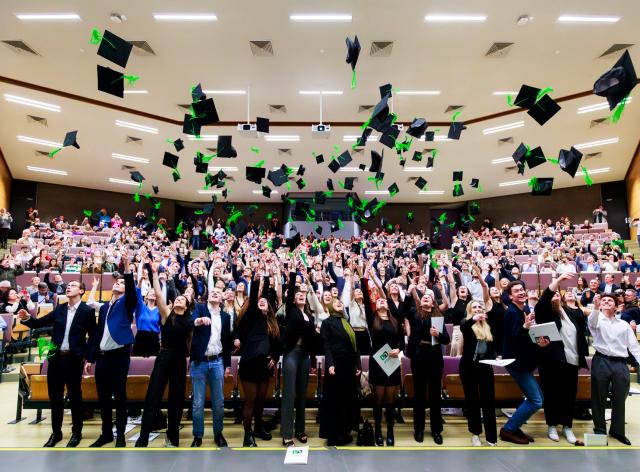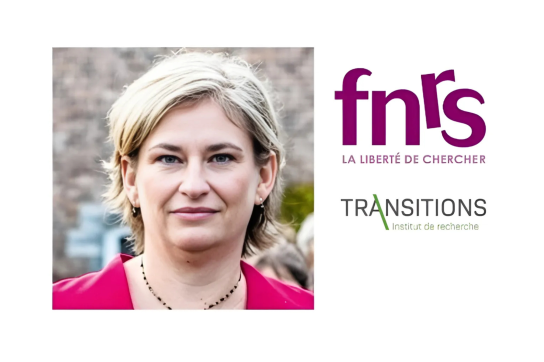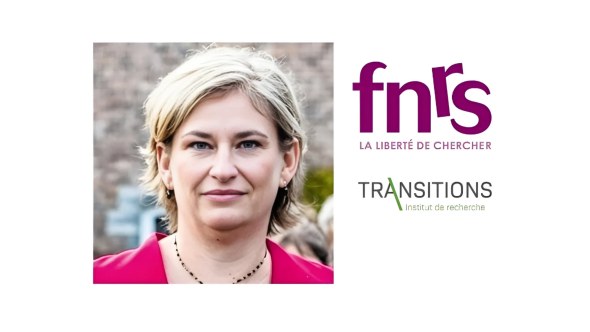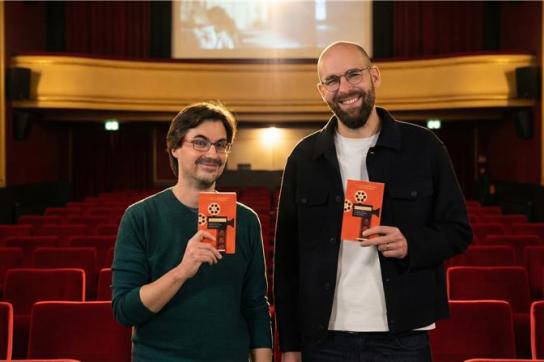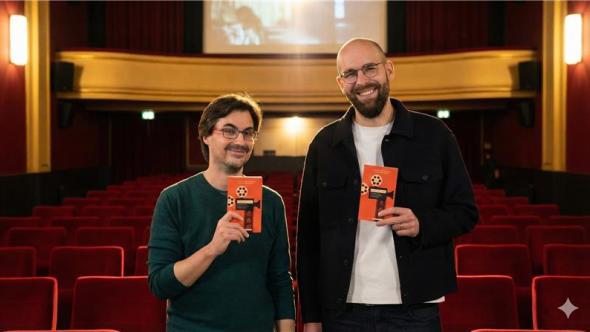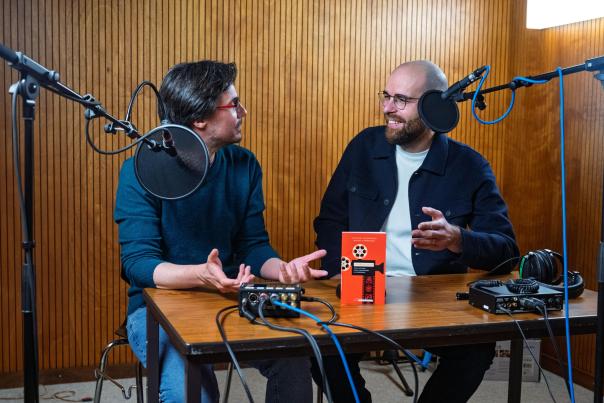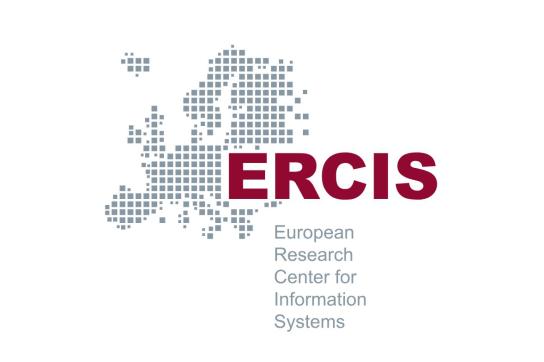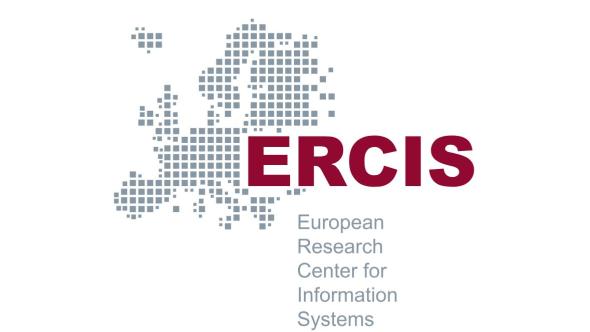The Faculty Economics Management Communication Politics (EMCP) has hosted many events over the course of its history. Here's a look back at some of our Faculty's most memorable moments.
60 years of the Faculty
In October 2022, the Faculty celebrated its 60th anniversary. To mark this anniversary, the Faculty organized two major events that gave everyone the opportunity to get together and share backgrounds, experiences, talents and memories!
On October 13, a conference-debate around the theme "New school rhythms: At university too?" in the presence of the Minister of Higher Education and party representatives. The debate was moderated by Béatrice Delvaux (Chief Editorialist, Le Soir). The full conference-debate is available on Youtube.
On October 15, an anniversary evening around the theme "La Faculté a des talents". Alumni, professors, researchers and students pitted their talents against the challenges of today and tomorrow: entrepreneurship, sustainable development, digital transition and innovative pedagogies were on the menu of a colorful academic session. The academic session was followed by a festive and convivial evening featuring cocktails, a meal and an after-dinner. All photos of the event are available on the phototheque.
Discover the souvenir video of the event here :
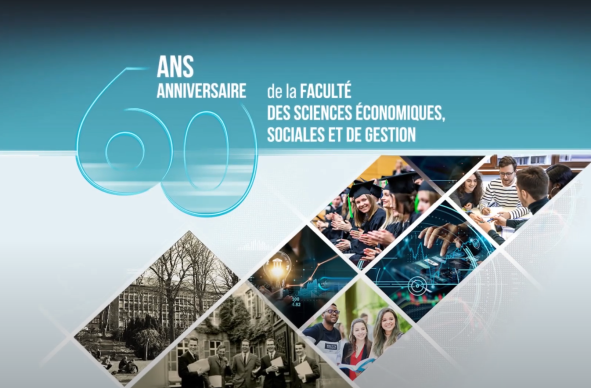
Baccalaureate graduation ceremony
On February 16, 2024, the graduation ceremony for the Bachelor of Information and Communication, Management Engineering, Economics and Management and Political Science programs took place. The ceremony was followed by a "verre de l'amitié", served by the Cercle des étudiants, bringing together graduates, their families and members of the Faculty's staff. The ceremony marked the crowning of several years of effort and sharing, both for students and their loved ones and for staff members.
Reforming Belgium" symposium
On October 10, 2023, a colloquium around the theme "Faut-il réformer la Belgique" was held at the Faculty of Economics, Social Sciences and Management. This featured various panels and also a political debate between representatives of the six parties of the Fédération Wallonie Bruxelles and moderated by Arnaud Ruyssen (RTBF).
Spotlight
Agenda
Lucas Chancel: What kind of ecological transition for what kind of society?
On March 23, Lucas Chancel (Sciences Po Paris) will present his book "Energy and Inequality: A Political History." In collaboration with Librairie Point Virgule.
Description
Why is the history of energy so closely linked to that of social inequality? How can we frame debates on energy transition in light of conflicts over wealth distribution?
For thousands of years, the use of energy has shaped human societies, structuring their hierarchies and power relations. Its control is a vehicle for emancipation as much as it is a tool of domination. Ownership of energy resources and infrastructure is a battleground for social, political, and geostrategic struggles. Depending on who owns energy, radically different societal choices can arise.
But how has the link between energy and inequality developed since prehistoric times? By combining the results of research in economic history, archaeology, and climate science, Lucas Chancel seeks to show how, over the long term, the technical and political frameworks that determine energy use are linked to the distribution of wealth among individuals, social groups, and nations.
The history of energy cannot be reduced to its technical dimension, nor to the sum of past political choices. It opens up a diversity of possible futures, where the decoupling of energy consumption, material resources, and prosperity is inseparable from the question of social justice.
This book advocates for an ecological transition based on a collective reappropriation of energy. Drawing on experiences of wealth redistribution from the past century, it outlines an alternative to ecological disaster and extreme inequality through the development of new forms of public and participatory ownership in the 21st century.
Biography
Lucas Chancel is a professor at Sciences Po Paris, at the Center for Research on Social Inequality, and co-director of the Laboratory on Global Inequality at the Paris School of Economics. He has taught at Harvard University in the United States.
Public defense of doctoral thesis in economics and management - Simon DECHAMPS
Citizen-Centricity in Digital Governments: Conceptualization, Implementation, Difficulties, Evaluation
Jury
Promoters
- Prof. Anthony Simonofski - University of Namur
- Prof. Corentin Burnay - University of Namur
Other members of the jury
- Prof. Annick Castiaux - University of Namur
- Prof. Lieselot Daneels - Ghent University
- Prof. Ida Lindgren - Linköping University
- Prof. Benoît Vanderose - University of Namur
Chair of the jury
- Prof. Sophie Béreau - University of Namur
Methods" seminar | Computational approaches to meaning change
"Methods" is a series of seminars organized by the Institut Transitions at the University of Namur with the aim of fostering interdisciplinary collaboration and knowledge exchange. All seminars take place in a hybrid format.
Orator: Barbara McGilivray - Senior Lecturer in Digital and Computational Humanities at King's College London
Semantic change, i.e. the evolution of word meanings over time, offers crucial information about historical, cultural and linguistic processes. Language acts as a mirror of societal change, reflecting evolving values, norms and technological advances. Understanding how the meaning of words evolves enables us to trace these transformations and gain a deeper understanding of our distant and recent past.
This seminar explores how computational methods are revolutionizing our ability to analyze semantic change in historical texts, addressing a major challenge in the field of digital humanities. While advanced computational methods enable us to analyze vast datasets and uncover previously inaccessible patterns, few natural language processing algorithms fully take into account the dynamic nature of language, particularly semantics, which is essential for research in the humanities. As AI systems develop to better understand the historical context and dynamics of language, human annotation and interpretation remain essential to capture the nuances of language and its cultural context.
In this presentation, I will show how computational and human-centered approaches can be effectively combined to examine semantic change and its links to cultural and technological developments. I will present examples illustrating how semantic change can be analyzed across temporal, cultural and textual dimensions.
"Methods "seminars
The Methods Seminar is a series of seminars organized at the University of Namur with the aim of fostering interdisciplinary collaboration and knowledge exchange. All seminars take place in a hybrid format.
This seminar series focuses on advanced methodological approaches, particularly in the fields of natural language processing (NLP), artificial intelligence (AI), video and image analysis, and multimodal analysis.
To stay informed about details of upcoming seminars, please subscribe to our mailing list below.


